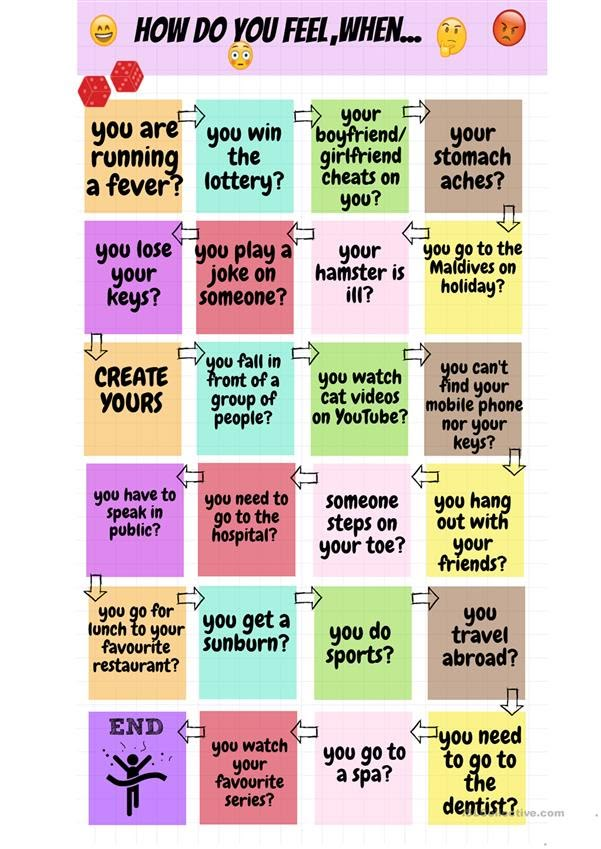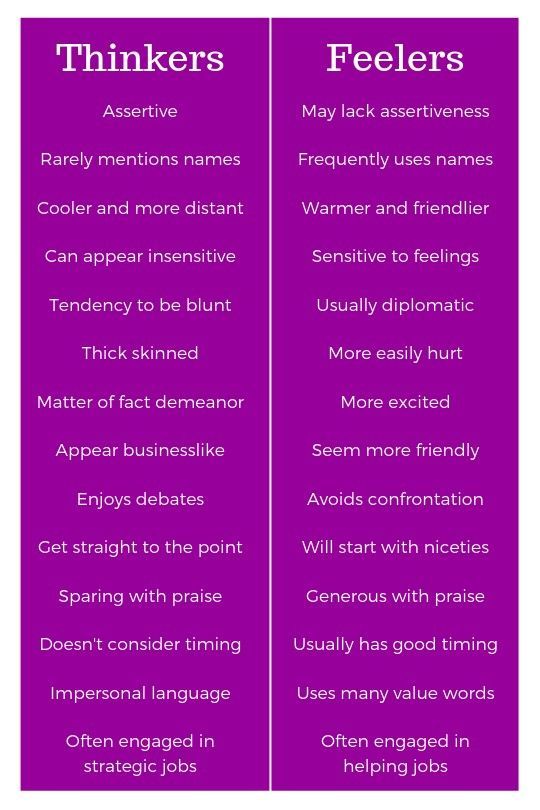How to develop patience
How to Be More Patient: 15 Tips
Jump to section
What causes a lack of patience?
How to have patience in life
How to be patient at work
The dangers of being too patient
The bottom line
We all know that patience is a virtue.
But how can we have more of it in our lives?
There are plenty of things that lead to impatience in our daily lives. Maybe a toxic colleague is bothering you, your boss passed you up on that promotion again, or your team isn’t performing the way you’d like. You might even be impatient with yourself.
If you’re not performing the way you’d like, it’s easy to fall into a spiral of self-doubt and frustration.
These things are enough to make you feel fed up. But while it’s easy to lash out at your colleagues or beat yourself up, these things will only hurt you in the long run.
Before these things become your Joker origin story, let’s find ways to stay calm. This will help you make smarter decisions, improve your mental well-being, and help you solve the problem rather than make it worse.
You’re among friends here. We know how frustrating life can be. So why don’t we find our zen together?
Here’s everything you need to know on how to be more patient.
What causes a lack of patience?
It’s important to understand the root cause of impatience.
The first thing you need to know is many people feel impatient. In a study involving nearly 3,000 Americans, 45% of Millenials said they feel less patient than they did five years ago. And they blame technology.
Instant gratification is at the core of most social media, providing users with approving “likes” and “shares.” Each response gives you a quick fix of dopamine, one of the brain chemicals responsible for pleasure. But here’s the problem.
The more we crave attention online, the less satisfying it becomes. Our brains get used to it until it’s no longer thrilling. And when we don’t receive our thrills, we become tired, irritable, and impatient.
Social media isn’t the only culprit.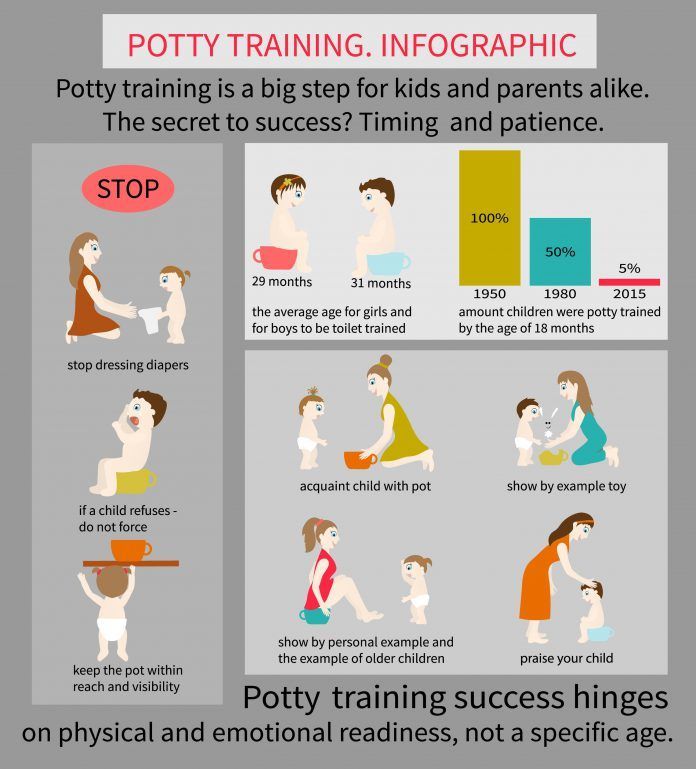 We live in an age where all human knowledge is available at our fingertips — no question remains unanswered. And we’re used to low-effort, high-reward scenarios.
We live in an age where all human knowledge is available at our fingertips — no question remains unanswered. And we’re used to low-effort, high-reward scenarios.
How much dopamine will be released when we do something affects how likely we are to do it. We can also order just about anything to our door. And if we can’t, there’s a superstore nearby that probably has what we need.
Even dating apps like Tinder are designed to target your dopamine production to keep you on the apps.
It’s no wonder we’re impatient. Our culture and technology teach us not to be.
But being impatient increases your stress, which can cause health problems. Chronic stress triggers weight gain, high blood pressure, and potential cardiovascular issues. That doesn’t even begin to cover what a life without positive thinking will do to your mental health.
How to have patience in life
We have to fight this urge for instant gratification. Depending on the context, some methods will work better than others. A long line a the grocery store, traffic jams, rude family members — all of these daily hassles can send your heart rate through the roof.
A long line a the grocery store, traffic jams, rude family members — all of these daily hassles can send your heart rate through the roof.
But for now, here are some general tips on how to become more patient in life. Keep these in mind next time you feel yourself growing frustrated.
1. Reframe the issue
When you’re in an irritating situation, try to think about why it bothers you. Once you identify the reason, you can reframe the issue so it’s less cumbersome.
For example, if you find yourself waiting for a co-worker who is 15-minutes late, take it as an opportunity to read or catch up on emails. Maybe you can listen to a podcast in those few minutes to help relax. Turn that negative into a positive.
2. Practice mindfulness
Of course, identifying your feelings requires a certain degree of mindfulness. You can practice this technique by closing your eyes, taking a deep breath, and examining your thoughts and emotions. Naming them will prevent them from overpowering you.
3. Show gratitude
People who show gratitude cope better with delayed gratification. Next time you’re frustrated, think of something you’re grateful for. This will help calm you down so you can make better decisions.
4. Practice acceptance
Sometimes there’s nothing you can do to change a situation. In those cases, impatience solves nothing. Once you accept the conditions of the present moment, everything becomes more bearable.
5. Get comfortable being uncomfortable
Little acts of self-control can help you get used to discomfort. For example, trying to avoid scratching an itch. This will help you build the discipline to be a more patient person.
6. Slow down
Your deadlines probably aren’t as rigid as you think. If you’re feeling rushed, ask your superiors if you can take more time to complete a task. Otherwise, you risk producing shoddy work or cracking in the heat of the moment.
7. Try to have fun
Daily life is a lot less irritating when you imagine it as a sitcom. Many stressful situations are inherently funny, so don’t take things too seriously. Laughing will help you find how to be more patient and less angry.
Many stressful situations are inherently funny, so don’t take things too seriously. Laughing will help you find how to be more patient and less angry.
8. Improve your listening skills
Active listening is an important tactic in how to be more patient with others. When you hear their concerns, you’ll be more compassionate. This kind of emotional intelligence will help you keep your cool.
9. Remember, it’s not all about you
In some ways, impatience is a selfish mindset. Remember that you’re part of something bigger: a world full of people with their own worries, ambitions, and perspectives. When you put yourself in their shoes, you’ll have less to be frustrated about. Everyone is going through something you don’t know.
10. Sort your own baggage
Your impatience might be rooted in past experiences or traumas. Working through them will help you let go of negative emotions feeding your annoyance.
11. Examine your core beliefs and values
Everyone has their own set of core values and beliefs.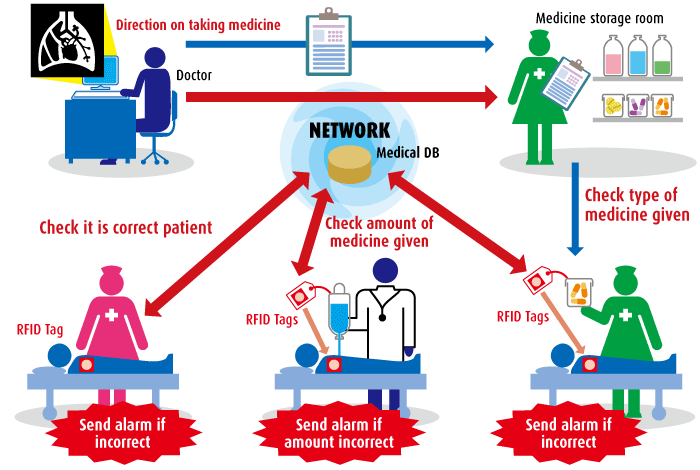 Make sure you’re not projecting yours onto others. Because when you do, you’re asking them to conform to an ideal they don’t necessarily share. This expectation isn’t fair to you or them.
Make sure you’re not projecting yours onto others. Because when you do, you’re asking them to conform to an ideal they don’t necessarily share. This expectation isn’t fair to you or them.
At BetterUp, we will help you find the tactics that best fit your needs. Our coaches listen to your current situation and put you on a path toward personal growth and improved patience.
How to be patient at work
Most of the above advice will help you at work, too. But from toxic bosses to poor teammates, jobs add a layer of stress that requires different tactics.
Our patience gets tried at work in a couple of ways: 1) People disappoint us. Other people and personalities work differently and sometimes that’s frustrating, annoying, or just confusing. 2) Leaders, the organization, or our own performance disappoints us.
We have career goals and expectations, and the opportunities and recognition available at work don’t always match.
Here are some extra tips on how to be patient at work.
12. Strive for realistic work goals
If your goals are too ambitious, it’s normal to fail. We know this is frustrating. But if you break your long-term goals into smaller milestones, you’re more likely to achieve them.
This sense of progress will help you improve your long-term patience. Also, adopt some grace and flexibility. With an uncertain economy and what feels like massive changes in the world month to month, your leaders might keep changing priorities, and your manager might not be able to give you the clear promotion plan you want.
While your needs and preferences matter, you’ll build better relationships if you show awareness of larger realities, too.
13. Be kinder to yourself
You might be putting too much pressure on yourself to perform. When you do this, you increase your stress levels and the likelihood of becoming impatient. Accept that mistakes happen, learn from them, and move on. Show yourself the compassion you would your best friend.
14. Improve your work-life balance
In most workplaces, you are expected to work productively with a range of other people, each with their own peculiarities and styles. This diversity is a gift — if you approach it right, you can learn more and achieve better outcomes than if you were working by yourself or with a handful of people just like you.
But, adopting this type of mindset and figuring out how best to work together takes energy, time, and patience.
All work and no play make you an impatient person. Make sure to find time to rest. If you burn yourself out, you’re more likely to be frustrated with your colleagues.
15. Focus on priority tasks
Use the Pareto principle (or the 80/20 rule) to organize your to-do list by impact. Prioritize the 20% of tasks that contribute to most of your productivity. Doing this will help you reduce stress and thus improve your patience.
The dangers of being too patient
While patience is a virtue, it’s important to know its limits. It’s not an ideal reaction for every scenario. You need to be assertive and stand up for yourself when other people cross the line. Otherwise, you let people off the hook for bad behavior.
It’s not an ideal reaction for every scenario. You need to be assertive and stand up for yourself when other people cross the line. Otherwise, you let people off the hook for bad behavior.
Patience doesn’t mean a lack of accountability
Believe it or not, you can hold people accountable without losing patience. In fact, doing so can make you a more effective and charismatic leader. Here’s how to lead your team without aggression:
1. Give your team autonomy, but with clear expectations
2. Set up one-on-one meetings to make sure they’re delivering
3. Use the same rules for everyone and be consistent in how you apply them
4. Make your expectations non-negociable
5. Use a paper trail, such as email, to keep people accountable
6. Offer and be open to feedback
7. Create clear consequences for sub-par behavior or performance
8. Offer positive reinforcement for good work
The bottom line
Let’s face it. You probably don’t like being impatient. Irritation and frustration are not good feelings.
Irritation and frustration are not good feelings.
But you don’t have to feel that way. You can develop your patience to thrive in the face of adversity.
If you’re still reading at this point in the article, you took a step in the right direction. Patience is a key component of self-control and emotional regulation. And mastering your impulses will help you in your journey of personal growth.
These tips on how to be more patient aren’t the only ones out there. If you want more guidance, BetterUp is here. You can schedule regular one-on-one sessions with a professional coach who can help you maximize your potential.
25 Tips for Increasing Patience in All Parts of Life
Patience is a virtue, but it can also be a medicine. People who know how to practice patience enjoy fewer negative emotions, feel less depressed, and are more satisfied with their lives. Further, patient people may also benefit from a range of health advantages, such as:
- Better sleep
- Fewer headaches
- Better skin
- Fewer ulcers
- Less diarrhea
- Fewer bouts of pneumonia
Why wouldn’t you want to take advantage of these benefits? After all, it seems that patience could be the secret to health and happiness.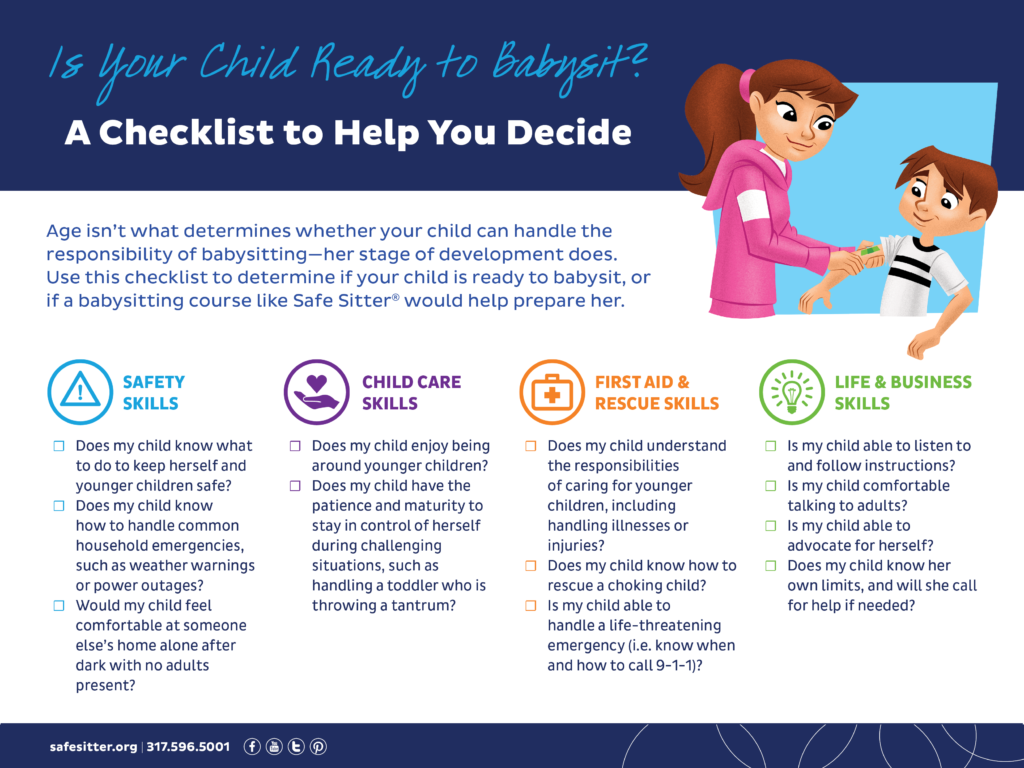
Yet, too few of us actually practice patience, let alone know how to be patient. In this age of instant gratification, we’re so used to getting what we want when we want it. We can receive shipments same-day, get a meal in less than thirty minutes, and binge-watch our favorite TV show in a mere weekend.
Patience is critical for a well-functioning society, but we all need to get better at it. That’s why we’re bringing you this guide to the top 25 tips for improving your patience.
You’ll learn what being patient is and isn’t, how to use patience at work and in college, and suggestions for being more patient in your day-to-day life.
Want to Improve Yourself Each Day?
Sign up to Goodwall!
- Connect with improvement-focused people from 150+ countries
- Build valuable skills and experience
- Ask questions and get support when you need it
Download the app now to get started for FREE!
Are you ready to start improving your patience and putting it into practice in your life? Then let’s get started!
Here are our best strategies and tips to help you develop patience in every aspect of life:
1.
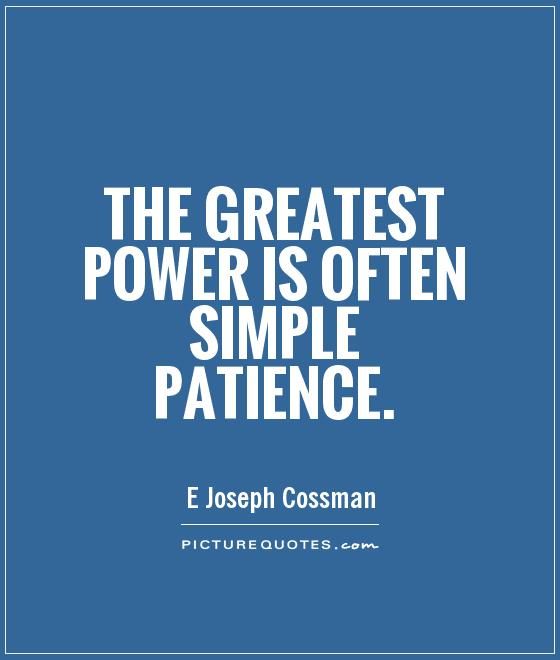 Understand What Patience Is and Isn’t
Understand What Patience Is and Isn’tWe all know that patience is a good thing. We’ve heard it since early childhood from our mothers, fathers, teachers, and coaches. But do you know what having patience actually means?
At its most basic level, patience is the ability to wait. But, more than that, it’s the ability to wait for something you really want or even need. And we also define patience as waiting for that thing without expressing irritation or frustration.
But let’s dive deeper into the concept of patience. Psychologist Sarah Schnitker has made a career out of studying patience. According to her research, there are actually three distinct types of patience:
- Interpersonal patience
- Patience in Life Hardships
- Patience for Daily Hassles
Interpersonal patience refers to our ability to be patient with other people. This type of patience is especially important for relationships, in the workplace, and when interacting with young children.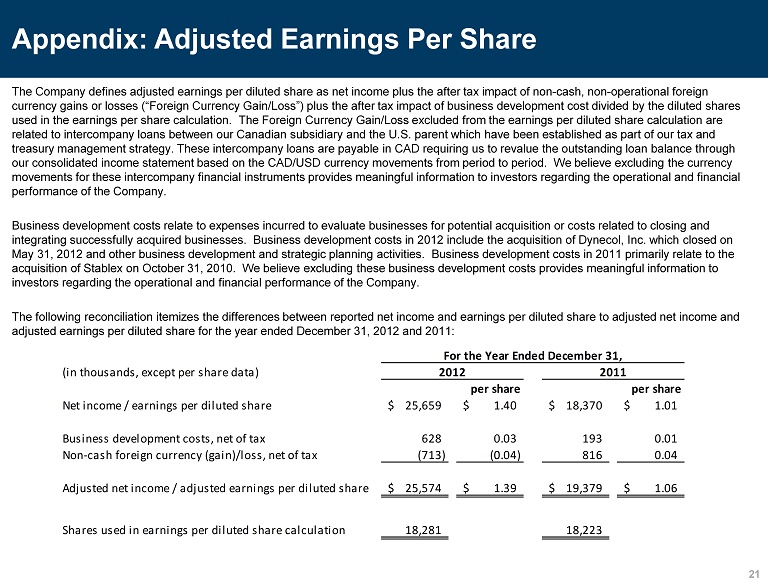
Life hardship patience is a type of long-term patience we need when we deal with a significant setback in life. Another word for this type of patience is perseverance. Perseverance is critical in our personal lives, but it’s also useful for long-term goal setting at work or in school.
Finally, daily hassle patience is the ability to stay calm through life’s little irritations. Whether it’s keeping your cool in bad traffic or getting through a tedious task at work, practicing this type of patience can help improve nearly all aspects of your life.
2. Learn to Be a Good Listener
One of the best ways to learn how to be more patient is to improve your listening skills. This tip is an excellent way to increase your interpersonal patience skills.
Do you often find yourself waiting for someone to end what they’re saying so that you can speak your piece? Unfortunately, this quality isn’t uncommon. But it does mean you may not be as patient a listener as you could be.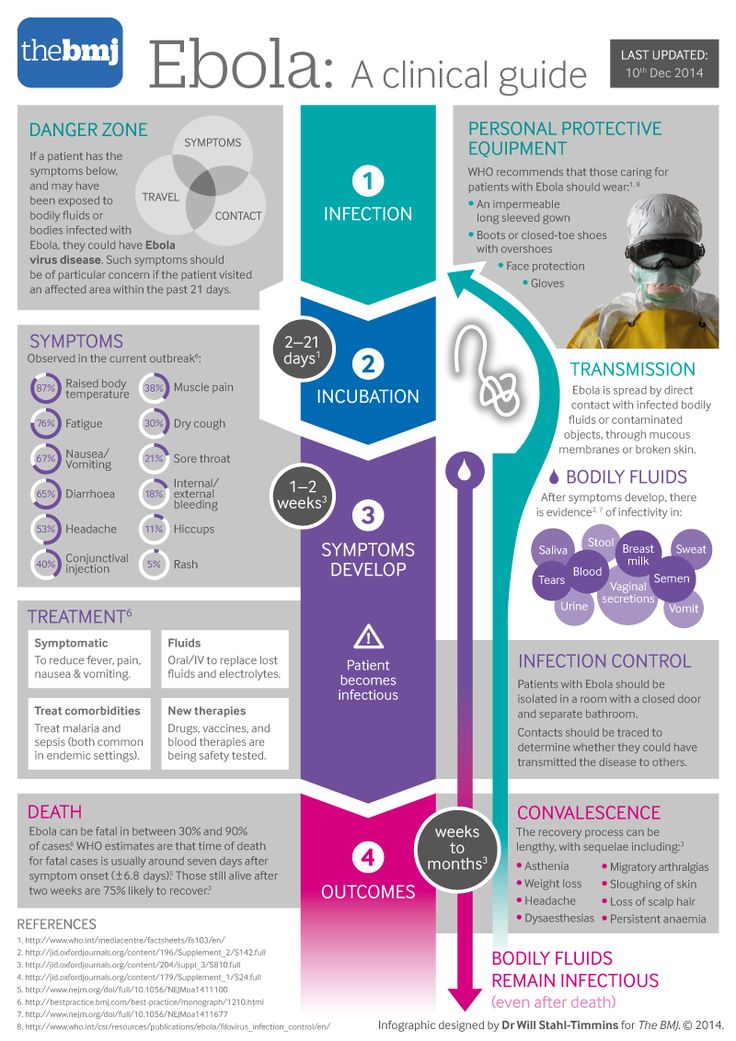
Failing to show patience while listening can lead the other party to feel disconnected from you. If you’re more concerned with what you’re going to say than what the other person is saying, they may feel unheard or, worse, unimportant.
Instead, you could try to truly listen to the other person. No matter how mundane the subject, try to understand what they are saying.
When it’s time to respond, offer a response that shows you’ve listened to the other person and have something thoughtful to add or ask.
Related Read: How to Stop Procrastinating? 10+ Expert Tips to Kick the Habit for Good
3. Accept What You Can’t Change
Accepting things that are out of their control is another commonality among people who know how to have patience. This tip is helpful for all kinds of patience but especially for life hardship and daily hassle patience.
A lot of times, feeling impatient happens because we want something to change immediately. But practicing acceptance can help us feel at peace in negative situations while we wait for that change to happen.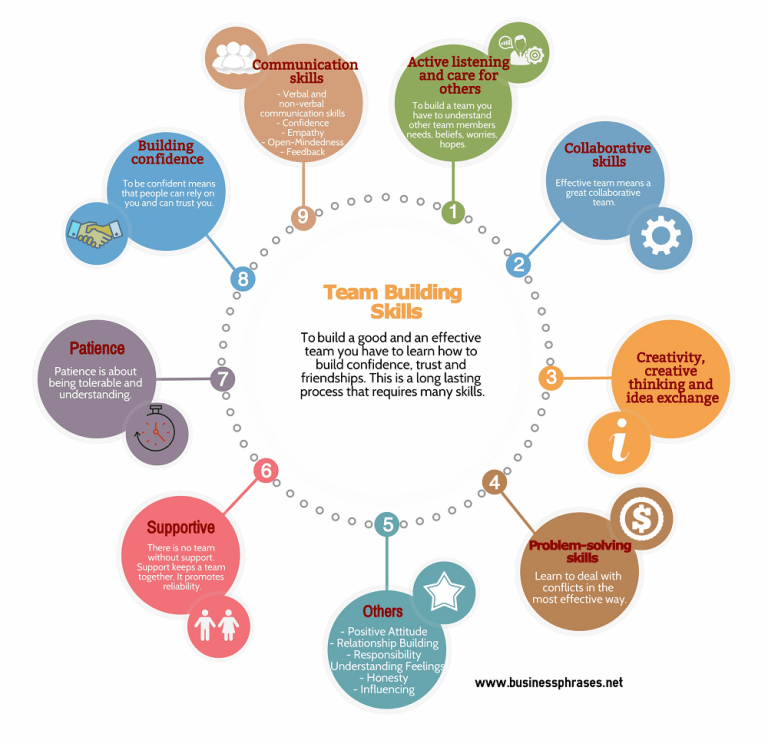
A good tip for practicing acceptance is to adjust your expectations. Look at the facts available to you and recognize which of these factors you can control. Then, you can change what you have control over and let go of the things you don’t.
4. Practice Mindfulness
Mindfulness is an important exercise in all aspects of our lives and for all types of patience. But what exactly is mindfulness? Being mindful means you live in the present moment without judgment for your thoughts or surroundings.
Try practicing mindfulness when you need to accept a situation that you have to be patient about. Here’s how:
- You can close your eyes or keep them open
- Without changing your breathing pattern, turn your attention to your breaths
- Simply notice the way your breath flows in and out of you, not judging your movements
- If a thought or external stimulus causes your attention to shift from your breath, note it without judgment
- Return your attention to your breathing and repeat
Related Read: How to Calm Anxiety: 12+ Tips for Dealing With Anxiety & Stress Situations
5.
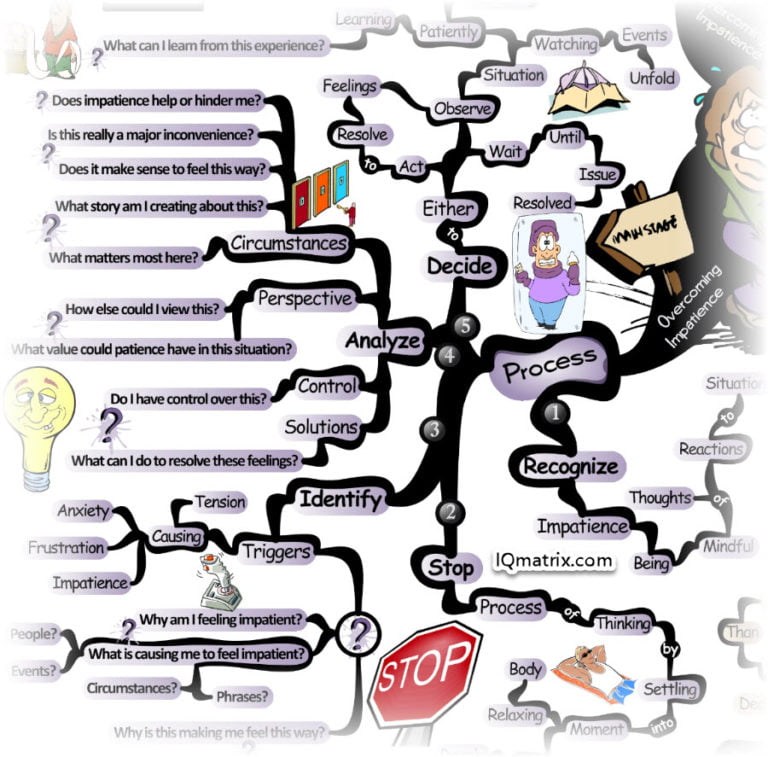 Slow Down
Slow DownWe all live fast lives— we have deadlines for our payments and turnaround times for our work projects. Yet, when we take the time to slow down, we can be more mindful and patient. And, we might even be able to live longer, in fact!
In a study published in the AMA Journal back in 2003, researchers found that 18- to 30-year-olds who feel impatient and feel frustrated have a higher chance of higher blood pressure in their later years. The body seems to release stress hormones to prepare for a stressful situation, which can subsequently increase weight, blood pressure, and even blood sugar.
So, how can we slow down and live our daily lives in the current moment?
One way to do this is to fake it ’til you make it. Research shows that pretending to be patient can actually make you feel more patient. So, slow down your actions and speech, take a deep breath, and you might just feel more capable of waiting it out.
6. Identify What Triggers Your Impatience
We’ve talked a lot about patience so far but very little about its opposite— impatience.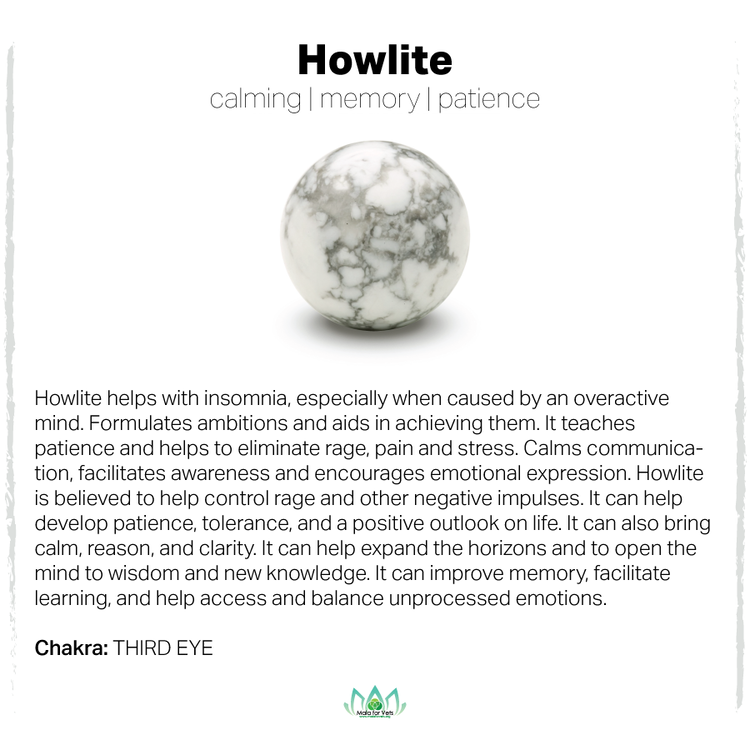 Sometimes, we can’t always stop impatience from rising up. So, we should instead try to prevent ourselves from getting into these aggravating situations in the first place.
Sometimes, we can’t always stop impatience from rising up. So, we should instead try to prevent ourselves from getting into these aggravating situations in the first place.
How do you do that? First, you need to identify your impatience triggers.
Start by thinking about the times your impatience has reared its ugly head. Then, write down these instances and see if you can find any common themes.
For example, do you often get impatient when colleagues don’t get back to you in time? You might also notice that these instances of impatience occur most commonly when you have a big project due soon.
If this is the case, you can set yourself up for future success. Reach out to your colleagues earlier in your project timeline. That way, you won’t have to wait around on them to finalize your work before the deadline.
7. Get Comfortable Feeling Uncomfortable
Waiting around for something you really want or need doesn’t feel good. For many of us, waiting can be downright uncomfortable.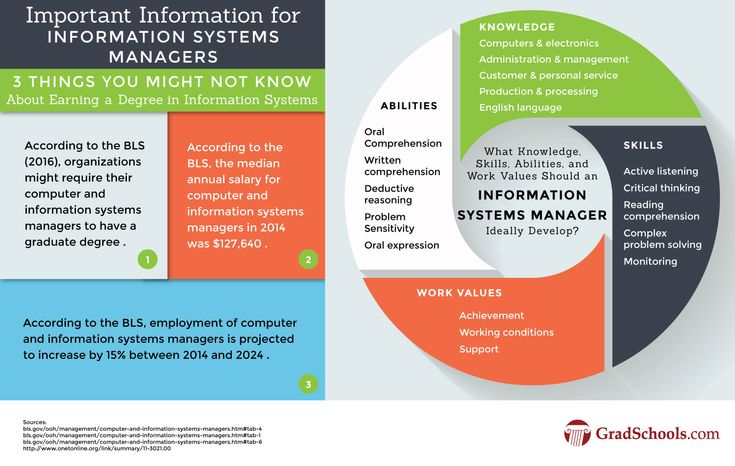 And this discomfort often results in feeling impatient.
And this discomfort often results in feeling impatient.
How do you fix this?
You can increase your tolerance for uncomfortable waiting periods by making yourself wait more often. That might sound counterintuitive, but, if you think about it, you can really become a more patient person.
Related Read: 15 Great Benefits of Learning a Second Language
8. Keep a Journal
Writing forces us to slow down our thoughts, and that’s (one reason) why journaling is useful. And as we’ve mentioned, feeling rushed is often a big trigger for impatience. You could use creative writing, bullet journaling, calendar journaling, or non-fiction journaling to help boost your patience.
Journaling is particularly helpful for tracking your progress over time. Learning patience can be a long journey, and you may get discouraged. Having a record of how far you’ve come can keep you focused and motivated. To help you get started with this patience-inducing practice, check out our best journaling tips and inspiring journaling prompts!
9.
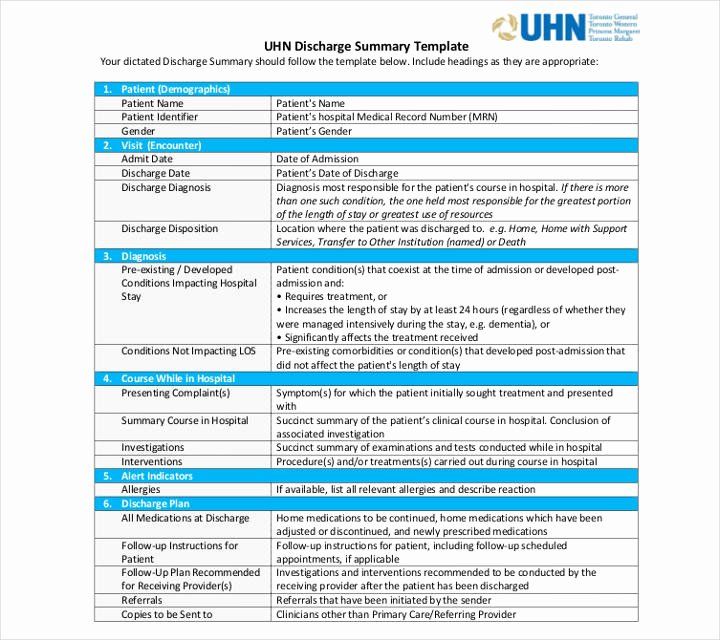 Understand the Symptoms of Feeling Impatient
Understand the Symptoms of Feeling ImpatientYou know the feeling when impatience crops up: you sweat and clench your fists. Your mood changes, making you feel anxious, frustrated, or even angry. All of these are physical or emotional symptoms of impatience.
The good news is that understanding your emotions and impatience symptoms can help you mitigate them. Here’s how.
When you feel the physical manifestations of impatience, try to relax. For example, unclench your fists, roll your shoulders, and take a few deep breaths. Counting to 10 while practicing some deep breathing techniques is also an old trick to reduce stress that definitely helps here.
The emotional symptoms of feeling impatient can be even easier to combat. You may not be in control of your environment, but you are in control of the way you respond to it.
Try to see the silver lining in the uncomfortable situation. You may just find yourself feeling more able to deal with it.
10. Stop Multitasking
Contrary to what many self-help enthusiasts claim, multitasking is not, in fact, a good thing. At least not often. Proponents of multitasking say that this strategy can help you get more done, save precious time, and achieve your dreams.
At least not often. Proponents of multitasking say that this strategy can help you get more done, save precious time, and achieve your dreams.
The reality is that when we try to prioritize too many tasks, we spread ourselves too thin. There’s no possible way for us to give equal attention to each task. So, something ends up falling to the wayside.
Multitasking can also force us to move too quickly from one task to another. We might then expect others to move quickly with us. Forcing others around us to rush is a form of interpersonal impatience, and it can put a bad taste in others’ mouths about you.
Related Read: How to Take Initiative: Definition & Complete Guide for Career & Education
11. Utilize Time Management
A big trigger of impatience is feeling like we don’t have enough time in the day, especially when dealing with daily hassles. One way to avoid this trigger is to become a better time manager.
Time management means using your time wisely.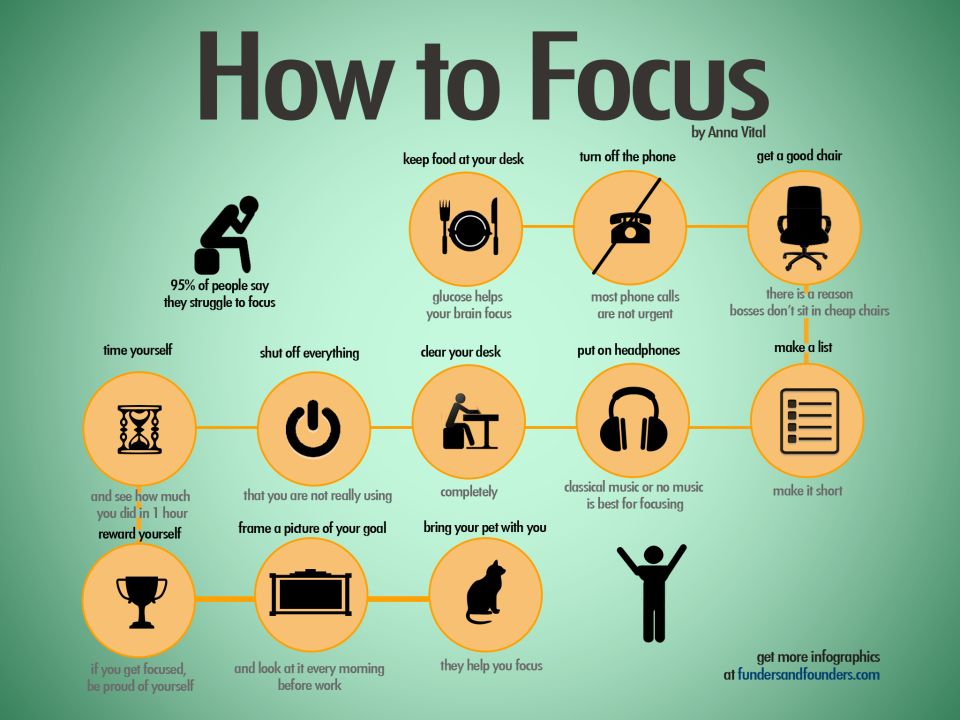 There are thousands of resources on improving your time management skills. And you’ll see the benefits from not only increased patience but also a better work/life balance.
There are thousands of resources on improving your time management skills. And you’ll see the benefits from not only increased patience but also a better work/life balance.
12. Take a Break
What do you do if time management doesn’t make you feel in any less of a rush? Sometimes, feeling like you’re always in a hurry and impatient means you need a break.
Hurry sickness is a non-life-threatening condition people can develop when they go non-stop. If you don’t take a break when you need one, hurry sickness could develop into burnout.
On the opposite side of things, taking a break might mean you need more physical activity. For example, if you’re a WFH employee or desk-bound student, getting some exercise in and your heart rate up may just be the break you need when you feel stressed and frustrated.
13. Practice Optimism
Do you experience a major shift in mood when you have to be patient? We’ve already mentioned mindfulness and journaling, which can help with the bodily sensations and physical symptoms of impatience. But what about the emotional symptoms?
But what about the emotional symptoms?
When you feel frustration arise, try to practice optimism. It’s easy to get into a negative mindset, especially when you feel uncomfortable. Trying to find the positives in daily annoyances can help you feel more patient and less stressed.
Related Read: List of 100+ Best Icebreaker Questions & Conversation Starters
14. Seek Out Support
Humans are social creatures. We get a lot of gratification from leaning on people we can trust. This fact is no different when we’re struggling with patience.
Having a trusted friend, partner, family member, or colleague we can turn to when our impatience gets the best of us can help us feel better. But keep in mind that seeking out support doesn’t equal complaining.
In fact, studies have found that complaining about a negative event can actually make us feel worse.
Instead, we should try to use our support system to brainstorm how we can make things better.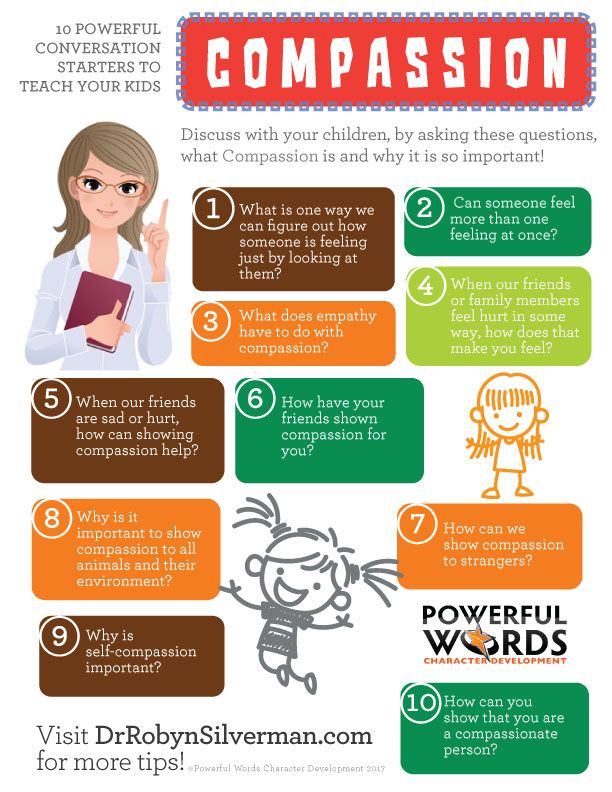 This strategy can help increase patience and resilience at work and in life.
This strategy can help increase patience and resilience at work and in life.
15. Try Therapy
Not all of us are lucky enough to have trusted friends or colleagues who can listen and give us good advice. That’s when a therapist or career coach can come in handy.
Professionals like these can help you identify your triggers when you’re feeling impatient. They can give you customized tips to build your patience.
Plus, therapy can help you learn about the deep-seated traumas that may be exacerbating your impatience. Then, they can teach you coping mechanisms to help.
16. Work on Your Emotional IQ
Academic performance isn’t the only type of intelligence out there. Emotional IQ is a key type of intelligence that leaders, in particular, need to master to be effective.
The five features of emotional intelligence are:
- Self-awareness
- Self-regulation or self-control
- Motivation
- Empathy
- Social skills
Related Read: 7 Best Online Safety Tools and Privacy Settings to Keep Yourself Protected
17.
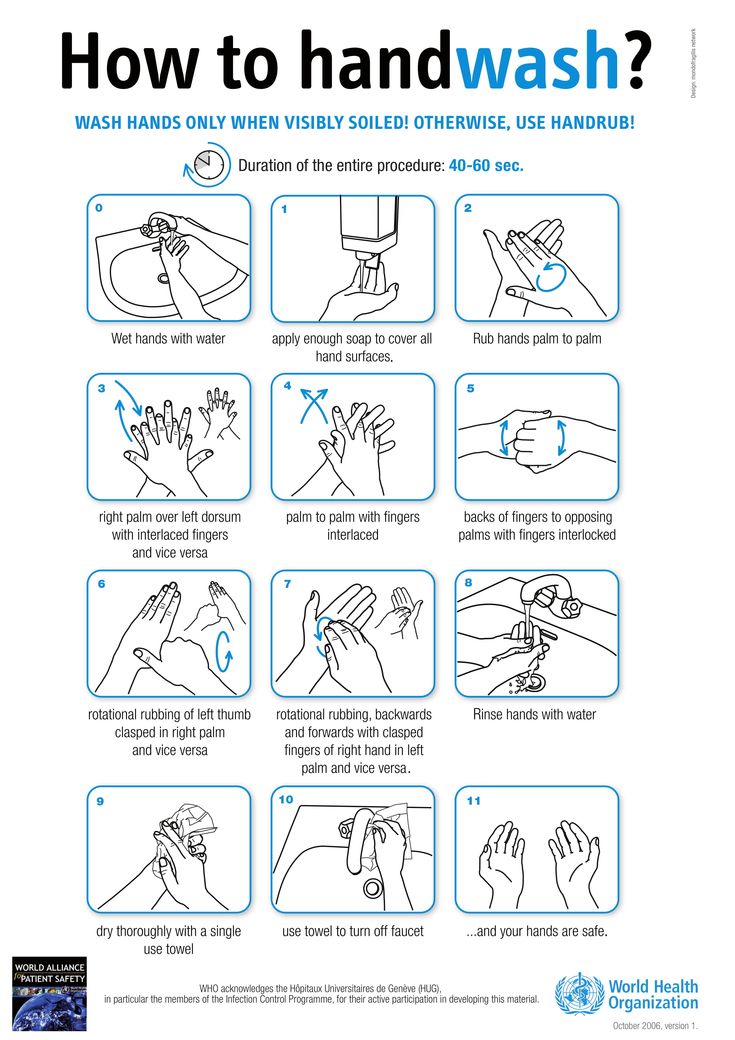 Eat a Healthy Diet
Eat a Healthy DietBelieve it or not, nutrition can have an impact on your ability to be patient. Patience is a type of impulse control. The brain regulates impulse control and nutrition, which, in turn, affects cognitive function.
In fact, a 2017 study on rats found that calorically-dense diets can increase impulsivity. Caloric density refers to foods that are high in sugar and unhealthy fats. When taken off the high-fat, high-sugar diet, this effect reversed— the rats were more capable of practicing self-control.
18. Take Up a Patience-Centric Sport
Practicing patience doesn’t have to be all hard work. You can make it fun with a sport that rewards you for perseverance. Playing sports that encourage waiting can be particularly helpful for building life hardship patience.
Fishing, golf, and baseball are fun sports that require patience. Hunting is another activity many people enjoy, and this sport definitely requires perseverance.
Not a fan of sports? Watching a baseball game or keeping your favorite golfer company can also improve your ability to wait calmly.
19. Read More
On average, only about 45% of people are willing to read for more than fifteen seconds. And the decline in reading is correlated with the rise in our culture’s collective impatience.
This is why reading more can help you practice and improve your patience. Try starting with a shorter article or novella before working your way up to longer books.
The only rule for this activity? Don’t cheat by flipping to the end of the book to satisfy your curiosity immediately! Make sure you are reading with full comprehension, and immerse yourself in the story or report rather than just wanting to get it over with so you can cross it off your reading list.
Related Read: How To Be Successful in College: 17 Great Tips to Achieve Success at Uni
20. Recognize the Communal Benefits of Patience
Do you need a little motivation to keep working on your patience? Then let’s discuss two of the greatest social benefits of being patient.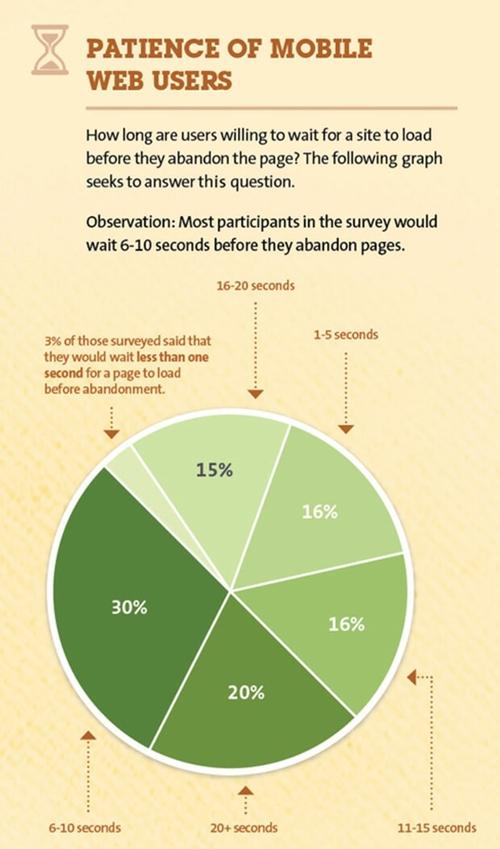
First of all, patience can make you a better friend and coworker. Patient people tend to have more empathy, be more selfless, and offer forgiveness more easily. We’re more accepting of the people around us, which makes life easier for both parties.
Secondly, patience makes you a better friend to yourself. Being patient helps you wait for results and payoffs, even when they don’t come immediately. This ability can go a long way in helping you achieve long-term goals and dreams.
21. Try Delaying Gratification
The human brain is hard-wired to seek out rewards. What’s more, we’re often conditioned from childhood to expect immediate results. If we cried, our parents would give us a piece of candy to make us stop; if we got $5 to spend, we spent it immediately.
However, instant gratification isn’t actually good for us. Delaying gratification teaches us to save for retirement and wait for the best house to come on the market.
But how can we get better at delayed gratification and, therefore, patience? Here are some tips:
- Create wishlists instead of adding items to your cart when shopping online
- Read for a designated amount of time before allowing yourself to watch TV each night
- Design positive distractions for yourself (e.
 g., playing games, visiting a new place, etc.) while you’re waiting for your reward
g., playing games, visiting a new place, etc.) while you’re waiting for your reward
22. Learn to Be Comfortable With Cognitive Dissonance
Cognitive dissonance refers to people’s discomfort with holding two contradictory ideas at once. For example, you feel like traffic shouldn’t be so bad on a Monday afternoon, but traffic is, indeed, bad.
The main side effect of cognitive dissonance is increased stress levels. That’s why you feel so irritated when dealing with daily stressors. However, if you can get more comfortable with cognitive dissonance, you may feel both less stress and more capable of being patient.
Related Read: How to Improve Handwriting: 10 Great Tips to Up Your Handwriting Skills
23. Don’t Take Life Too Seriously
We’ve already talked about how mindfulness can improve patience. But one thing we haven’t discussed is how taking your life seriously at all times can hinder your ability to be mindful.
Learning to take yourself and life less seriously isn’t too difficult, either. Take moments to be playful and childlike throughout the day and try to find humor in difficult situations. These tips can help you live a freer life and have more patience along the way.
Take moments to be playful and childlike throughout the day and try to find humor in difficult situations. These tips can help you live a freer life and have more patience along the way.
24. Practice Empathy
Did you know that interpersonal patience is a sign of empathy? Better yet, practicing empathy can improve your communication skills and interpersonal patience.
Psychologists define empathy as the ability to understand and feel what others are feeling. Empathy can help you understand that not everyone moves or thinks as fast as you do.
Empathy also gives you the insight that everyone sees from a different perspective and may, for instance, need more time to express their ideas and feelings.
25. Know When Patience Isn’t Helpful
We hope this article has taught you the virtues of patience. However, this wouldn’t be a complete guide without discussing the pitfalls of having too much patience.
When we’re too patient with others, we may end up sacrificing our own needs. Worse, people who consistently stretch their patience to the limits can become pushovers. This issue can be particularly impactful if you show high levels of interpersonal patience.
Worse, people who consistently stretch their patience to the limits can become pushovers. This issue can be particularly impactful if you show high levels of interpersonal patience.
Additionally, delaying gratification for too long or too often also has negative effects. Polls show that people who put off rewards feel more dissatisfied than those who showcase moderate levels of delayed gratification. Further, delaying rewards for too long can lead to side effects like procrastination.
As with everything in life, moderation is key to maximizing the benefits and reducing the downsides of patience and delayed gratification.
Related Read: How to Improve Posture: 10 Exercises for Young Adults
Wrapping Up on Learning How to Be Patient
We hope this guide has given your some actionable tips on how to be patient. That way, you can take advantage of the health benefits of patience.
However, always remember that moderation is key. You should never sacrifice your own needs for the sake of being patient with others.
Also, don’t think reducing how often you lose patience is something that will happen overnight. Be patient as your learn patience!
Got any questions, feedback, or more tips on how to be more patient at home, work, school, or with the people you love? Let us know below in the comments, and thanks for reading!
Want to Improve Yourself Each Day?
Sign up to Goodwall!
- Connect with improvement-focused people from 150+ countries
- Build valuable skills and experience
- Ask questions and get support when you need it
Download the app now to get started for FREE!
Impatient? Why? And how to develop patience?
In times of stress, patience breeds peace of mind, not anger.
What is patience? I prefer to look in the dictionary first: "patience: the ability to accept and endure delay, difficulty, or adversity without getting angry or upset." I don't know anyone whose life is free from these three factors. In fact, I cannot remember a single day in my own life without the presence of one of these feelings.
In fact, I cannot remember a single day in my own life without the presence of one of these feelings.
For many years, my reaction to them was "angry" or, in any case, "disappointment." Then I realized that this response only made an already stressful and unpleasant situation worse. So I began to consciously try to respond to "delay, difficulty or trouble" in a different way. Sometimes the best thing I could do was bear the presence of these factors. However, I continued these attempts, and with practice, it became easier for me to "recognize" them with an open heart, as an inevitable part of my life.
When I was able to do this—tolerate and sometimes even acknowledge delay, difficulty, or discomfort—I noticed two things about the psychology of patience. First, being patient is treating yourself with compassion. Compassion is a way to reach out to those who are suffering, including yourself. I certainly suffer when I'm impatient, because lack of patience is a stressful reaction to what's going on in my life.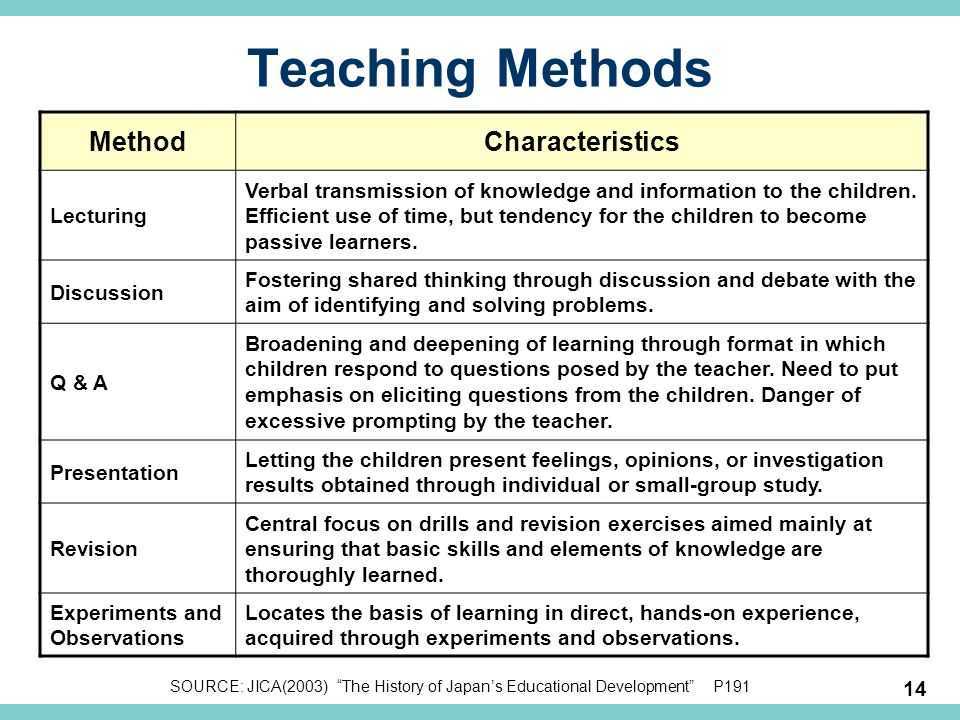 I can feel stress both in my mind and in my body. So developing patience is self-care, which is the foundation of self-compassion.
I can feel stress both in my mind and in my body. So developing patience is self-care, which is the foundation of self-compassion.
Secondly, I have noticed that patience improves self-control - peace of mind makes it easier to survive ups and downs, and not toss and turn like a boat caught in a storm. The correlation between patience, increased self-compassion, and self-control convinced me of the value of patience. I thought: “Hmm, less suffering and stress, plus a calm acceptance of life as it is ... sounds good.” If you want to learn how to learn patience, then I recommend that you practice as follows. (Note: I discuss this thought and emotion transformation approach in more detail in my books How to Wake Up: A Buddhist-Inspired Guide to Managing Joy and Sorrow and How to Live Well with Chronic Pain and Illness: A Handbook.)
1. Become aware of the emergence of impatience
This may be difficult at first. When something goes wrong (for example, we are stuck in a traffic jam), we tend to think that the reason for our impatience is external - something that happens "out there". Naturally, the reason is in what is going on in our minds, namely our response to the circumstances we are facing. So start by watching for impatience to build up in your mind in response to something not going the way we would like it to.
Naturally, the reason is in what is going on in our minds, namely our response to the circumstances we are facing. So start by watching for impatience to build up in your mind in response to something not going the way we would like it to.
You may already know some of your annoying factors: being made to wait too long; when you are standing in a long queue; when you are trying to deal with a computer problem; when you have to wait a long time for a doctor; having to listen to someone explain something very simple for an impossibly long time (the latter is a trait of mine that tests my family's patience!).
Note that impatience is shown when something goes wrong - especially when people or our environment do not meet our expectations, even in circumstances that we cannot control (for example, traffic jams or long queues). Our expectations often do not match reality. I can give four examples of such expectations, and all of them can provoke impatience.
First, we tend to expect that the environment will meet our expectations: no traffic jams, no lack of parking spaces near our destination; no long queues; no delays at the airport; no long wait for food in the restaurant.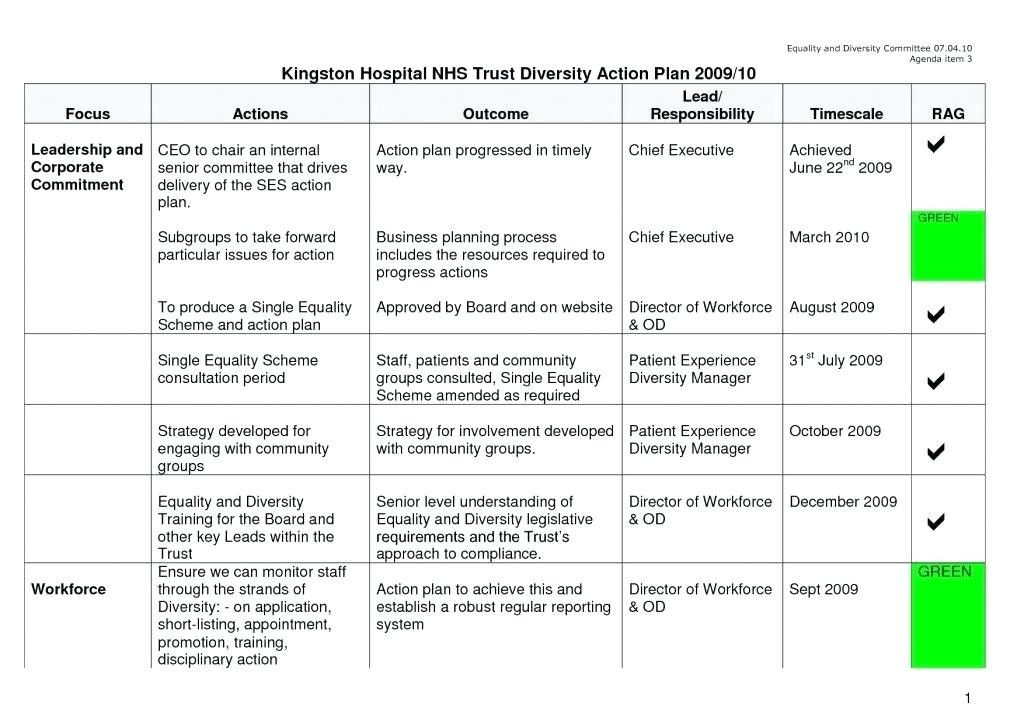
Second, we tend to expect people to live up to our expectations. They should behave the way we think they should behave. “The woman in front of me in line should not be talking to the cashier.” "If he said he would call at exactly three o'clock, he should call at three sharp." Even if we're "right" (after all, it's polite to call at the promised time), people often don't live up to our expectations, that's a fact.
Third, our expectations are often unrealistic when it comes to developing new skills, whether it's a new craft, a new app, or fixing something yourself. We think we should be able to pick up new skills quickly, no matter how unfamiliar or difficult they are to us.
Fourth, our expectations are almost always unrealistic about what goes on in our minds. We think we should be able to control the thoughts and emotions that we have. However, unexpected thoughts and emotions arise all the time. Thinking and experiencing emotions is in the nature of our consciousness; in my experience, it's unstoppable. Without a doubt, impatience does not stop this process!
Without a doubt, impatience does not stop this process!
Think about these four categories of expectations and try to find the ones that are unrealistic in your life. This one action will help you recognize when you are reacting impatiently.
2. Explore how your mind and body respond to impatience
Allowing yourself to feel impatience is an important step towards acknowledging it. This is important because, in my experience and from a psychological point of view, it is impossible to start transforming a tense mental state until you admit that you are stuck in it. So work on getting to know what impatience feels like. Is your mind calm or agitated? Is your body relaxed or tense? Never before has impatience felt like something pleasant to my mind or body. Knowing that this is an unpleasant feeling helps me motivate myself and try to change how I react to “delay, difficulty or unpleasantness” - our three friends from the dictionary.
3. Start transforming impatience into patience
This takes practice. Practice full of patience. And since patience is an act of sympathy for oneself, I hope you will sympathize with your inability to be patient in some cases. In this regard, here are some strategies for transforming impatience into patience.
Practice full of patience. And since patience is an act of sympathy for oneself, I hope you will sympathize with your inability to be patient in some cases. In this regard, here are some strategies for transforming impatience into patience.
Let's start with those times when the environment or people don't match your expectations: for example, you're stuck in a traffic jam or you end up in line right behind a person chatting with a cashier. First, note that you are reacting to the situation with impatience. Second, pay attention to what you are experiencing in your mind and body. Then ask yourself, "Is there anything I can do to make a difference without making things worse for myself and others?" If your answer is "no" (in most cases it will be), then see if you can find something, as I would call it, "good" in this situation. Namely, start focusing on something pleasant or interesting while you wait.
This is self-awareness training, meaning you make a conscious choice—supported by effort—to pay attention to what is going on in your field of consciousness.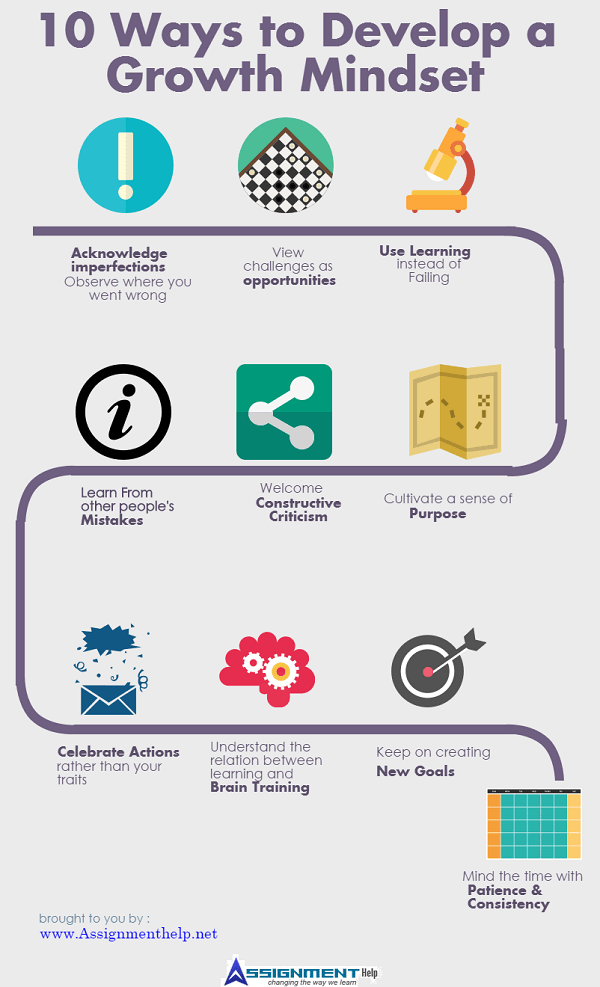 When I feel impatience kicking in, I can almost always find something in the present moment that piques my curiosity or interest. This allows me to respond to what is happening, not with "anger" or "sorrow", but with patience.
When I feel impatience kicking in, I can almost always find something in the present moment that piques my curiosity or interest. This allows me to respond to what is happening, not with "anger" or "sorrow", but with patience.
Being in a traffic jam, you can consider different brands, models and ages of cars on the road; you can strike up a conversation with another person in the car; you can find a radio station. If I find myself in a long line, I can stare in amazement at the ridiculous headlines in the tabloids posted on the counters next to the cashier; you can look at the people standing around me - how they all look different and each of them has their own life story, about which I know nothing; you can even overhear the chatter that delays me!
In general, I try to cultivate friendliness towards talkers, to enjoy the way they enjoy each other's company. After all, what is another one or two minutes in line? If, like me, you find it difficult to stand for a long time, you can look for something to lean on or stand in a stable position to be more balanced. Sometimes I carry a cane with me.
Sometimes I carry a cane with me.
I mean, yes, the initial choice is to have a "no traffic on the freeway" rule and a "no chatter at the checkout" directive, but most of the time we don't have that choice. When this happens, I know what I would prefer if one alternative is to be upset and angry, and the other is to try to make the experience enjoyable, or at least bearable.
There are still unrealistic expectations in the formation of new skills. This expectation is partly shaped by our cultural attitude to hurry, hurry, hurry, whatever we do. However, if we acted more slowly and patiently, not only would we enjoy more, but we would also likely develop this skill better.
Finally, about unrealistic expectations in controlling our consciousness. Instead of feeling impatient (“angry” or “upset”) about what is going on in our minds, we could deal with unwanted thoughts and emotions with more ease, sometimes even humorous in relation to the unbridled mind.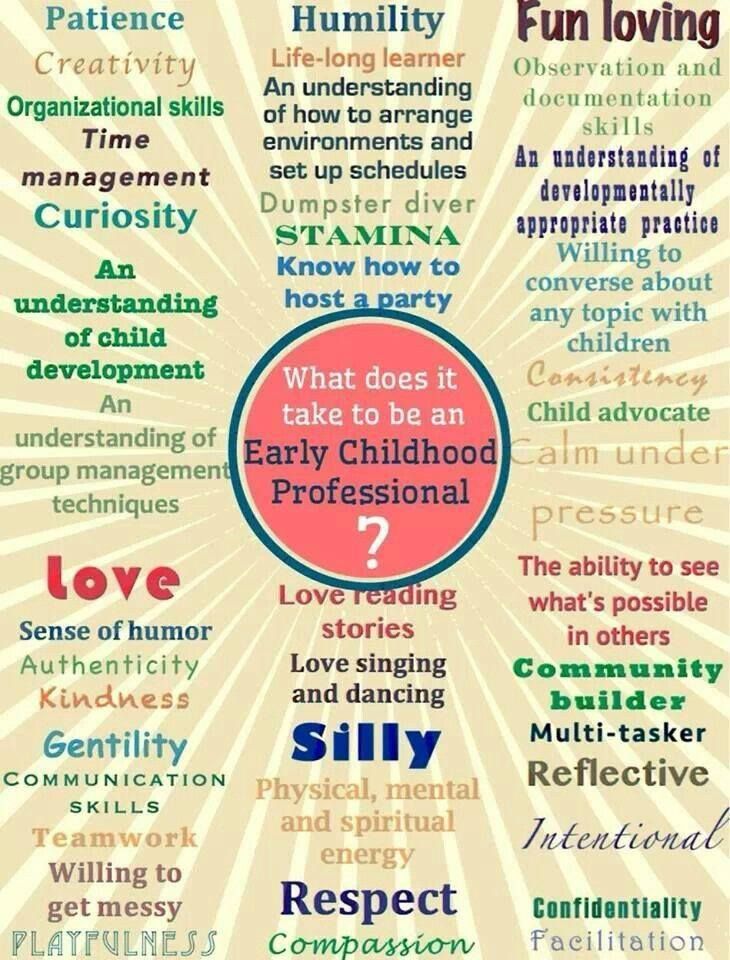 In my new book, How to Wake Up, I quote from one of the first Buddhist books I read, Mindfulness in Plain English by Bhante Gunaratana. Here is what he said about consciousness:
In my new book, How to Wake Up, I quote from one of the first Buddhist books I read, Mindfulness in Plain English by Bhante Gunaratana. Here is what he said about consciousness:
“[One day] you will come face to face with the sudden and shocking realization that you are absolutely crazy. Your mind is a screeching, gibbering madhouse on wheels, rolling erratically down the hill, completely out of control and helpless. No problem".
I love this quote for two reasons. First of all, I take comfort in the fact that I'm not the only one with a screeching, babbling madhouse on wheels instead of consciousness. Second, Bhante says, "No problem." I take "no problem" as confirmation that I can learn to be patient with this "crazy" mind. I can learn not to be upset or angry when unwanted thoughts and emotions come up, but instead to calmly acknowledge their presence, knowing that, in time, the universal law of fragility will help me. Conditions will change... and so will my mind.
We can transform impatience into patience. It's worth the effort, because being patient is about treating ourselves with compassion, and it also helps us to calmly accept things as they are... and that's a good feeling.
Toni Bernard, Lawyer, Former UC Davis Law Lecturer, Buddhist Practitioner, Author of
how to learn or develop this quality?
Contents
- Benefits of patience or why it is needed
- How to develop patience and endurance
- How to Develop Patience: Alternatives
Patience is such a useful human ability, characterized by the ability to remain calm in unforeseen, changing circumstances. Also, this quality helps to normally endure what you do not agree with or “cheer up” in a negative state of affairs that does not depend on you at the moment. Wise, life-taught people come to patience when they have to accept external or internal factors as such.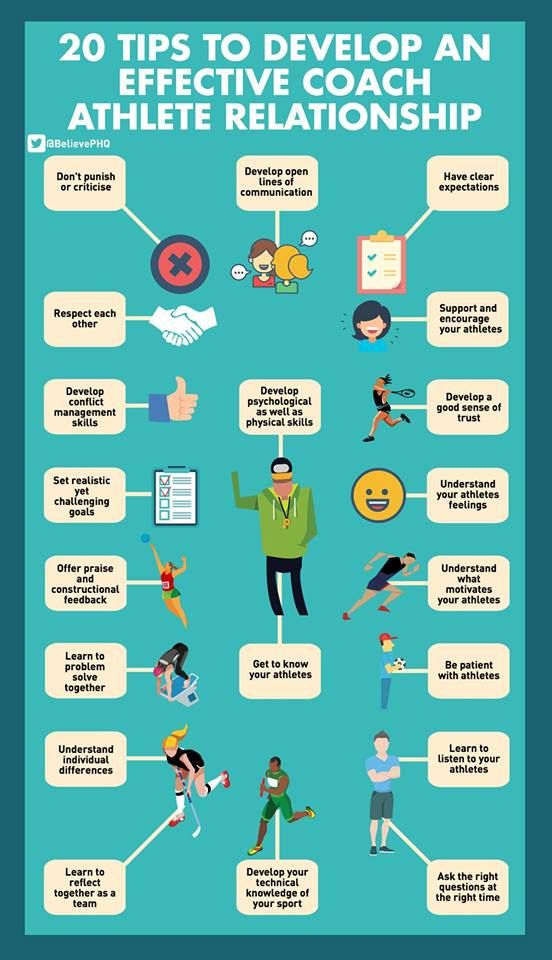 How to learn to endure? You need to be able to forgive others and your own mistakes, showing emotional and spiritual maturity.
How to learn to endure? You need to be able to forgive others and your own mistakes, showing emotional and spiritual maturity.
Benefits of patience or why it is needed
In an unpredictable life, it won't hurt anyone to have patience, because so often it is not enough to endure overwhelming at first glance difficulties that unsettle. And when there is nowhere to draw strength, internal, previously hidden reserves in the form of patience rise from somewhere deep and help to become stronger.
How to develop patience is a good question, but let's see what it's for first. So, the benefits of patience:
Resolute.
The ability to “jump over your head”.
Extra strength.
You say "no" to the hustle and bustle.
With patience comes hope for a brighter future.
You get rid of unnecessary resentment and anger.
Patience is well developed by the practice of communicating with different people. Because of the imperfect world in which you and I live, it is extremely beneficial to develop patience with other people.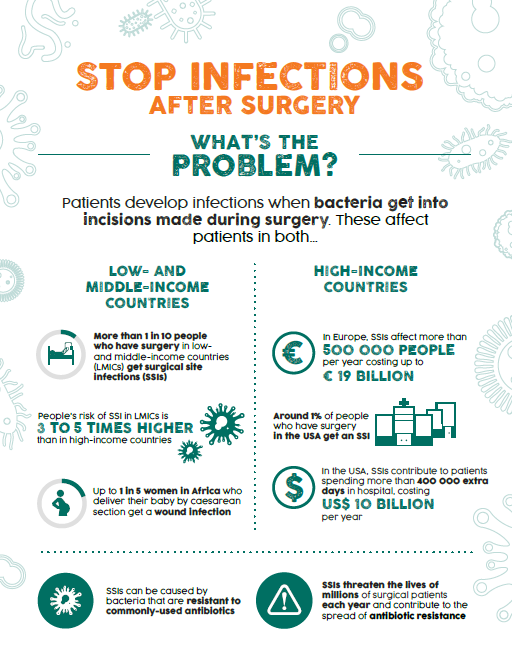 You can stop teaching them, anyway, empty criticism only leads to anger and resentment, and not to constructive changes. Together with an adequate attitude towards others, you increase your tolerance for yourself and do not “give up” at the slightest difficulty.
You can stop teaching them, anyway, empty criticism only leads to anger and resentment, and not to constructive changes. Together with an adequate attitude towards others, you increase your tolerance for yourself and do not “give up” at the slightest difficulty.
How to develop patience and endurance
In order to learn to wait and endure, you need to learn a few simple rules:
If there comes a moment when endurance is about to let you down, do not rush to “explode”. Count to ten (up to twenty in particularly difficult cases), and then react. Discontent and anger will remain, but will no longer be so “seething”.
The energy of denial or rejection overwhelms you, but is it unacceptable to “pour out” these emotions? Then get some exercise. This will allow you to channel some of the "blast wave" of your impatience in a more useful direction.
Make it a habit to do the exercise “Abstraction from the outside world” at every opportunity.
The essence of the exercise: imagine what happened before the event that bothers you, think about what led to it. Answer the question: how many billions of people lived before you and will live on earth after you? Realize that they must have experienced difficulties too. Although they differed from your specific problems of incontinence, the inner meaning is the same: we all function, perform actions that become momentarily important for us, but mean nothing after a short period of time and a look at the problem “from the height of the past years”.
Answer the question: how many billions of people lived before you and will live on earth after you? Realize that they must have experienced difficulties too. Although they differed from your specific problems of incontinence, the inner meaning is the same: we all function, perform actions that become momentarily important for us, but mean nothing after a short period of time and a look at the problem “from the height of the past years”.
Pay attention to how you are weighed down by unfinished business, abandoned halfway through. Try not to let this happen.
Try breathing exercises. There are several methods for performing such gymnastics: with a special apparatus, breathing with the stomach without an apparatus, with a stopwatch or music.
How to develop patience through such training? Very simple: gradually and calmly follow all the recommendations indicated in the description of the breathing technique. Within a week or two you will feel the change. In addition, improve your health, because breathing techniques trigger healing mechanisms by increasing carbon dioxide in the body and stop the so-called cell overoxidation (oxygen poisoning).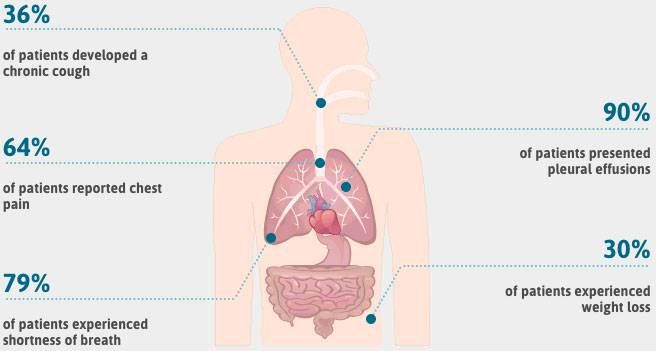
Every day, if possible, control your intermediate results of work on yourself. If you are lucky, praise yourself, because you deserve it.
Do what you love at least a couple of hours a week if you are too busy. A satisfied person will not lose mental and emotional balance.
Do not forget to monitor your physical health and support it in every possible way: a healthy and happy person will not lose his temper over trifles.
Patience well develops a militant attitude towards work on oneself. Take intolerance as a defeat, then every time when the prerequisites for losing patience arise, say to yourself: “No, I will not give up!”, “You won’t take me so easily!”, “I will overcome everything”, “I can do everything”. Feel like a warrior overcoming difficulties and tempering your spirit and endurance in battle with yourself. You will be surprised at the pleasant sensations that arise at the moment when you win the first small victory over intemperance. You will immediately want to win again and again.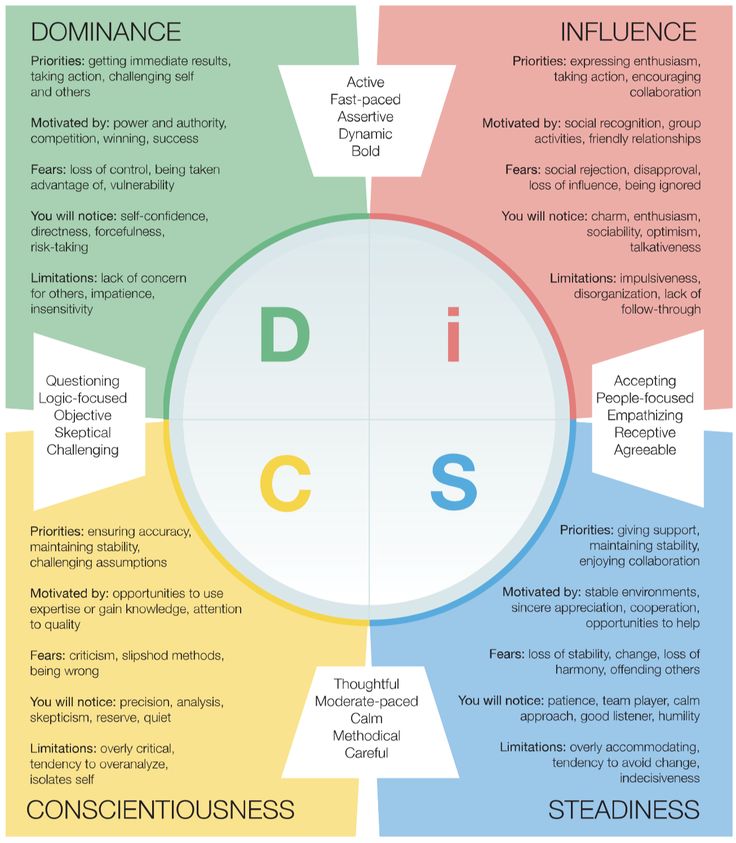
It's hard just to start, to believe in yourself, that you can handle it. Never say "I can't". When you make that kind of statement, you really can't. Let the thought fly ahead of the deed: yes, you really cannot learn to endure right away, but you need to make the installation: “I can not be nervous!”, “I can do more!”, “I can handle anger” and so on. Then the rest of the body, together with consciousness and subconsciousness, will not be able to resist such pressure.
The subconscious guides us, but only while we are hiding from the realization of the real state of affairs, from the truth, lying to ourselves. When you look reality in the eye and know for sure (but without judgment) your shortcomings or what you still need to work on, the consent of all internal and external processes will come, and impatience will go away. After all, impatience is associated with misunderstanding and rejection, which you will no longer have.
How to Develop Patience: Alternative Options
Additional Tips and Ideas for Patience Training:
Take up yoga, because yoga requires a huge amount of calmness and patience, which is so lacking in Western people.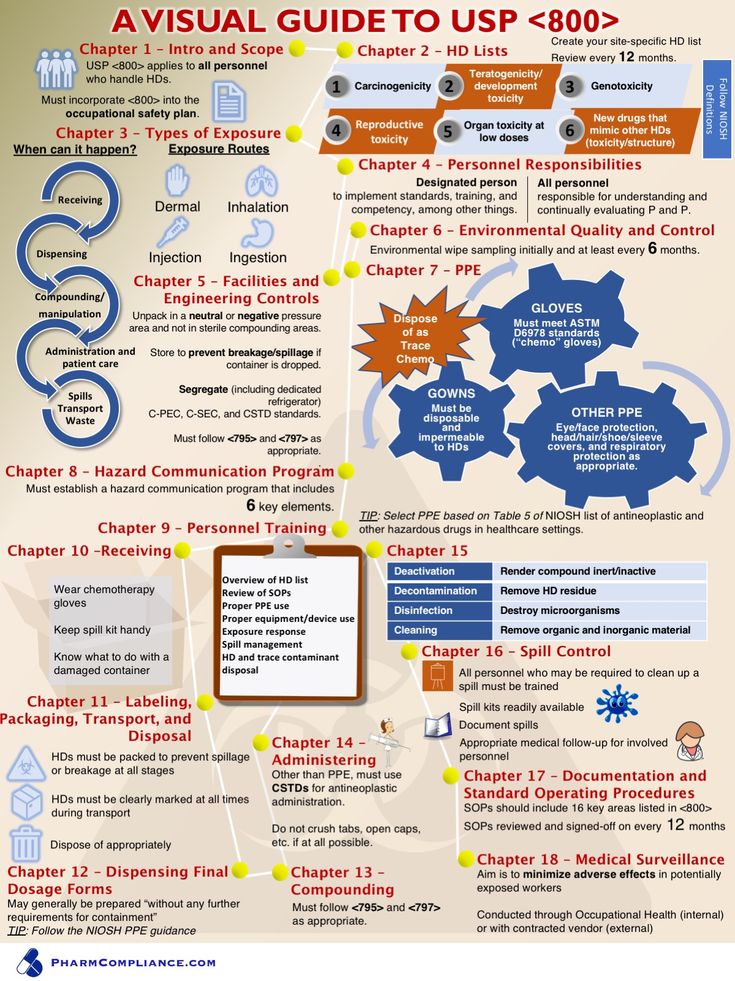
Go to a long opera in three or four acts if you are not an admirer of this art form.
Meditation is a way of calmness and a way to feel like a changing part of a huge, seemingly fussy world. Try doing it yourself or enroll in a meditation course.
Do you remember how the postman Pechkin said: “Why was I angry? Because I didn’t have a bike”? So you definitely need to find this “bike” of yours, that is, a business, hobby, passion that you like to do. It’s not scary if you need to spend time and effort on this activity, which you don’t have left after a hard day’s work. Remember that the best rest is a change of activity. There will be much more benefit from the effort spent on playing sports or modeling airplanes, for example, than from “resting” on the couch, which does not bring real relief from the yoke of problems.
Grief at failures push back self-development, so instead of wasting internal energy on self-flagellation, analyze what happened. Until the cause of the failure is found and eliminated, do not expect progress.

